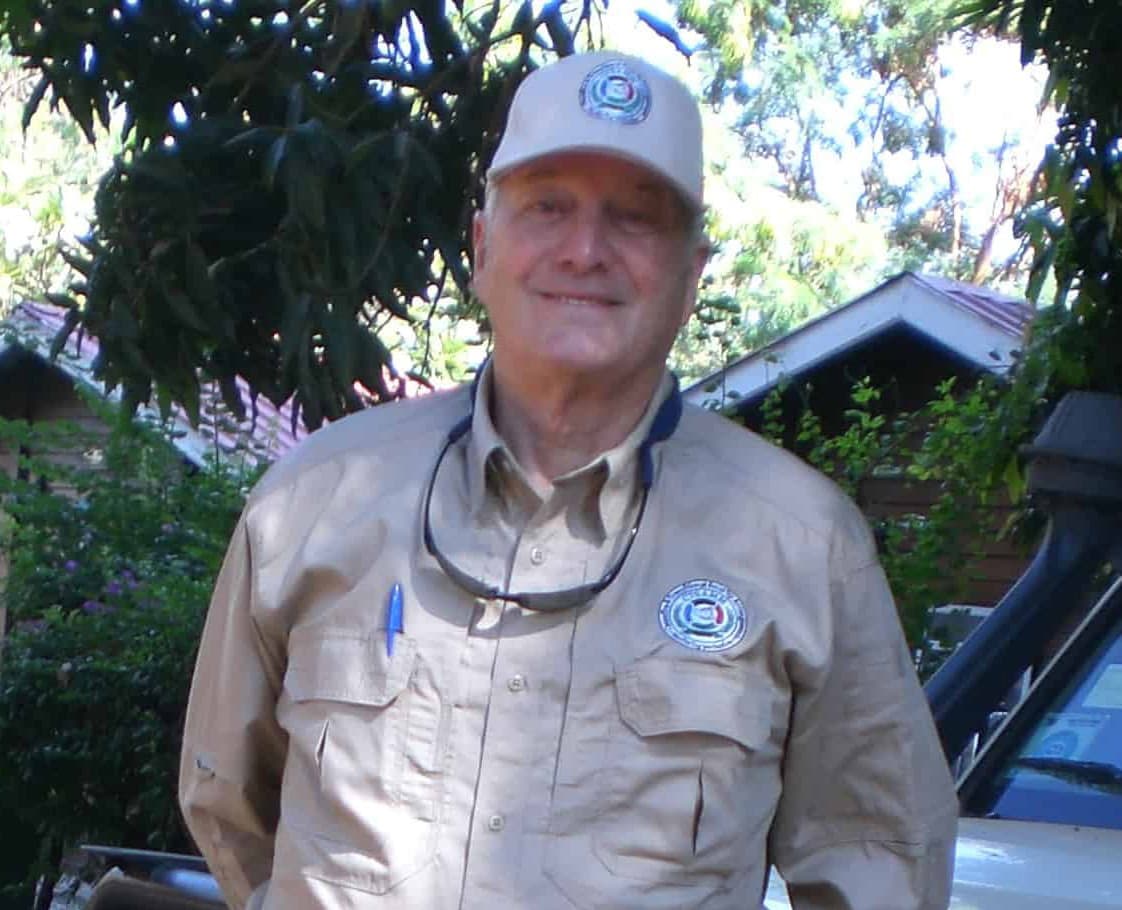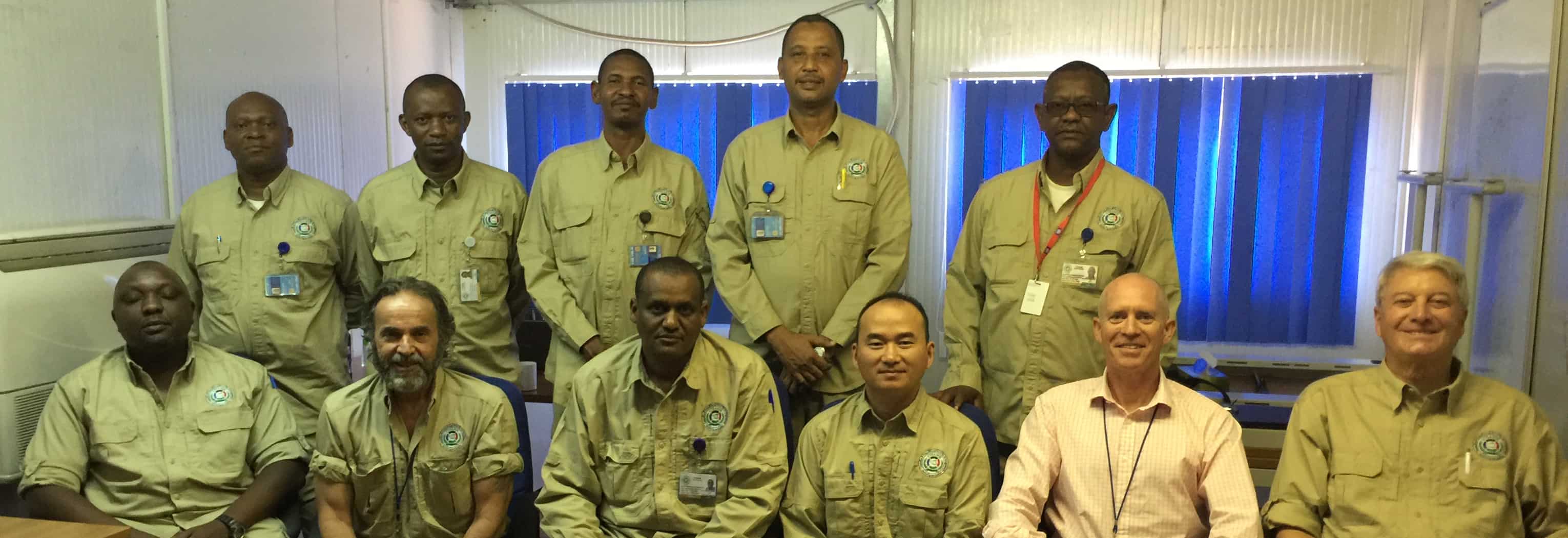
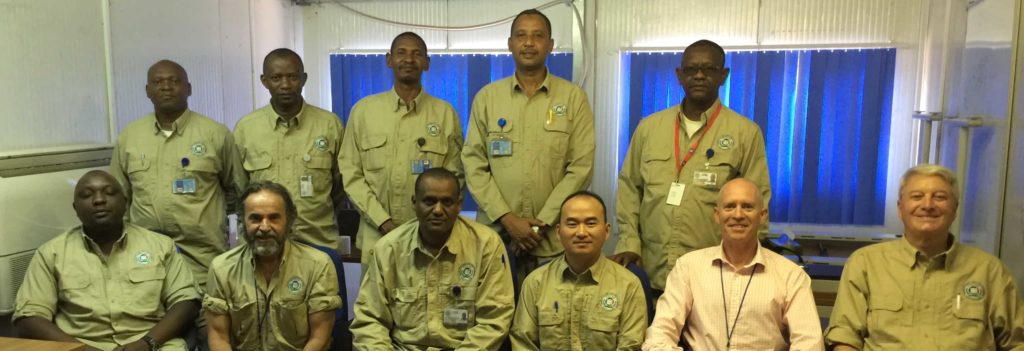
group monitoring a peace agreement in South Sudan
My first entry into the cafeteria at a U.N. mission in South Sudan reminded me of the cantina scene in the original Star Wars movie.
Here I was in the middle of people of every race and, seemingly, every nationality. They wore different uniforms. I saw patches and flag logos of every color imaginable and heard dozens of foreign languages being spoken.
I arrived here in South Sudan in November 2018 and am serving as a legal adviser to organizations that are trying to bring peace to this sub-Saharan country. South Sudan gained its independence from Sudan in 2011 as part of an agreement to end the longest civil war in Africa’s history, but a new civil war erupted two years later. The continuing conflict has displaced an estimated 4 million people.
In August 2018, a power-sharing agreement was signed between the government and rebel groups. I serve as a legal adviser to an organization with a long name that has been set up to verify and monitor the ceasefire.
Ours is an unarmed, neutral, impartial and multinational entity consisting of teams of individuals. We investigate and report on compliance with the ceasefire agreement by dispatching verification teams into the field.
It can be scary work.
Earlier this year one of our teams – consisting of a South Sudanese driver and three observers from other African nations – reported being handcuffed, blindfolded, totally stripped (one team member was a woman), kicked and robbed of money and a wedding ring. They were released after four hours.
Our report found that the driver’s life had been threatened for bringing expatriates into the area to investigate, monitor and verify compliance with the peace agreement. We identified the responsible party as the National Security Service of South Sudan.
The government denied it all. They said the team was held for only an hour and for taking photographs. This was false; no cameras were found or confiscated and all phones were returned. The team members received counseling services from the U.N. and were granted recovery leave.
When our teams of observers are not themselves being terrorized, they have much to document: instances of actual fighting; the recruiting and training of soldiers, including child soldiers, when forces are supposed to be in stand-down; denial of access to humanitarian agencies; the laying of land mines; cattle rustling; kidnapping; sexual violence; arms trading, propaganda; and more.
We have no weapons. Our only power lies in the reports we publish for the world to see and, hopefully, exert pressure against the party that endangers or breaks the peace.
The U.S. Institute of Peace, a nonpartisan group that aims to promote national security and global stability by reducing violent conflicts abroad, attributed 47 percent of documented violations of earlier ceasefires to the numerous opposing forces and the rest of the violations to government forces. Since 2016, the organization has attributed 60 percent to the government forces.
It is often said that one must learn to crawl before one can walk, and walk before one can run. I think peacemaking in South Sudan is in the crawl stage. Many times military commanders and soldiers on both sides still claim ignorance of the peace agreement. So we hand out hundreds and hundreds of signed copies, often during what are called “confidence-building meetings.”
After a few days in country, I flew to one such meeting with my Chinese deputy coordinator. We traveled in a Russian MI-8 helicopter with a Ukrainian crew.
Two of the opposing forces were present, represented by generals, state governors and commissioners, They met to discuss steps toward a permanent lasting peace, such as opening up roads for travel and commerce, eliminating illegal checkpoints, and allowing humanitarian organizations access to people in need.
What I saw and heard sent goose bumps up my arms and a chill down the back of my neck. Opposing commanders and civil representatives – many from the same village and surrounding areas – agreed on many of the proposed steps and agreed to discuss a cessation of all hostilities. In front of more than 50 attendees, the two generals hugged. Openly and freely, they forgave their brothers for their war efforts. They pledged to become brothers of South Sudan again. The crowd went wild. Men were clapping. Women warbled their shrill native throaty yell. It was exhilarating.
I hope and pray they meant it and will honor their statements. I’ll be part of the force to monitor, verify and oversee compliance.
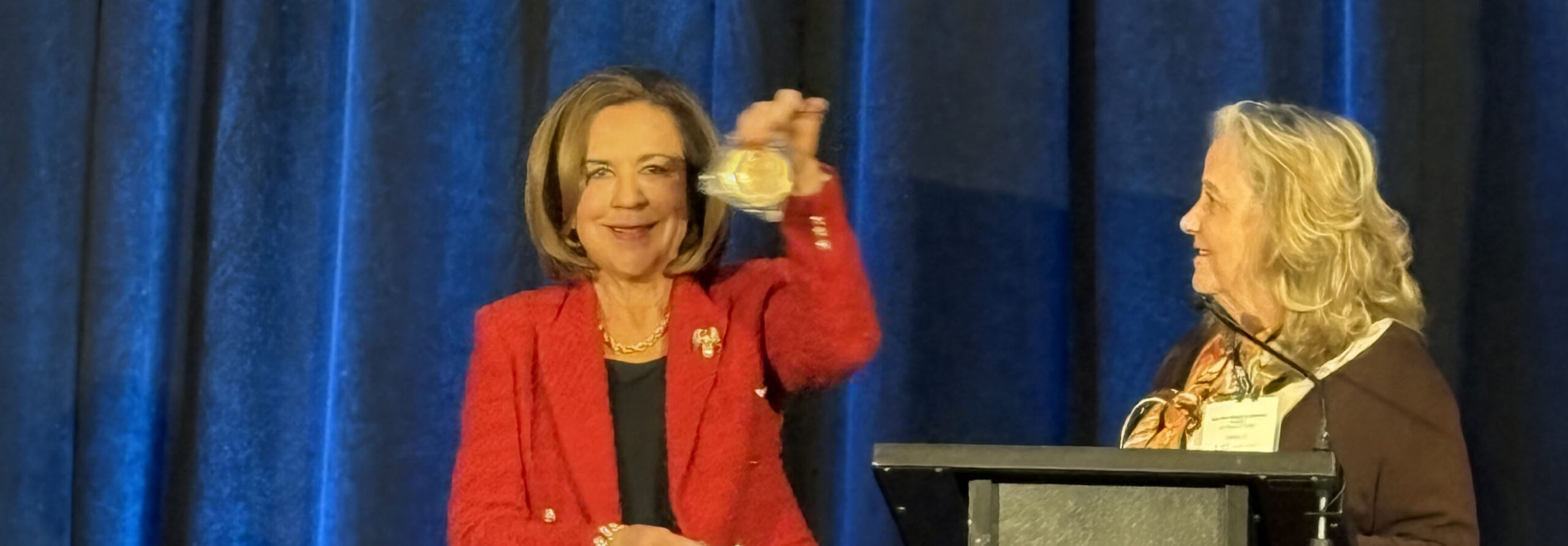
The National Judicial College has awarded Missouri Supreme Court Judge Mary Russell with the Sandra Day O�...

Emeritus Trustee Bill Neukom (left) with former Board of Trustee Chair Edward Blumberg (right) at the NJC 60...

The National Judicial College, the nation’s premier institution for judicial education, announced today t...
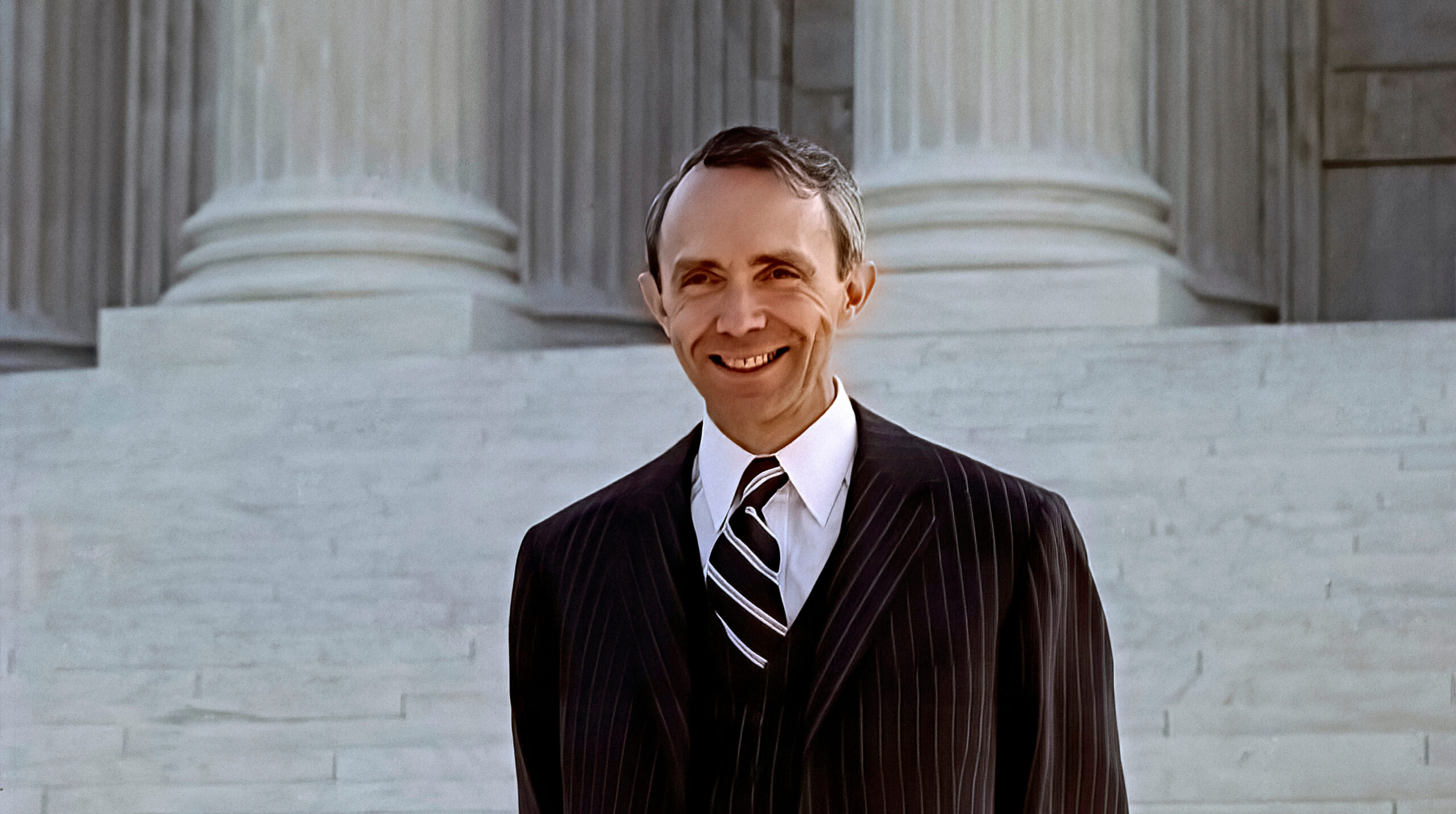
The National Judicial College (NJC) is mourning the loss of one of its most prestigious alumni, retired Uni...

As threats to judicial independence intensify across the country, the National Judicial College (NJC) today...
